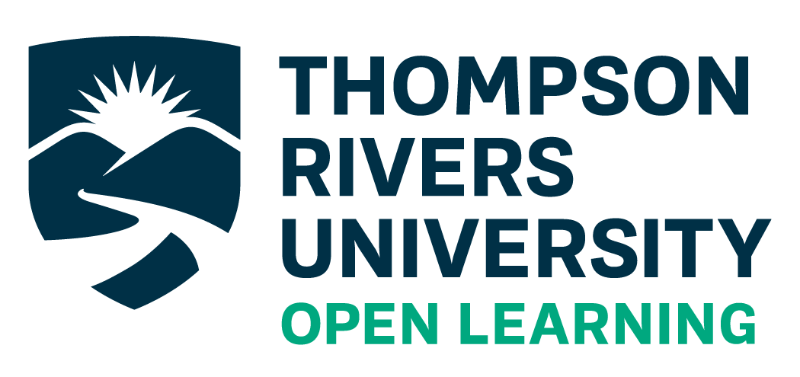Popular Documents
OLFM Guide
OL Style Guide
Course Guide
About Us
The Editing team develops innovative and culturally-appropriate educational materials that meet the needs of students and educators. We edit online and distance education courses at Thompson Rivers University, Open Learning (TRU-OL) in beautiful Kamloops, BC.
TRU-OL offers open admission to higher education. This means that applicants do not require a specific grade point average (GPA) and are not required to submit transcripts from secondary school to be admitted and to register in courses. Open Learning students may come from Kamloops or from communities elsewhere in British Columbia. Or they may live elsewhere in Canada or the world. The province where we are located, British Columbia, is particularly rich in cultural diversity, and Open Learning students both reflect this diversity and live in an increasingly globalized world. Each student has unique experiences, talents, accomplishments, and points of view to share with others. When editing for these readers (our students and faculty members), it’s helpful to think not of a unified “public” but as a diverse group of individuals.
Open Learning offers over 550 courses and a variety of certificate, diploma, degree, post-baccalaureate, and master’s programs. TRU-OL is BC’s largest provider of online courses and programs. For more information, please visit http://www.tru.ca/distance/.
Our Work
As course editors we provide quality assurance of TRU-OL course documents by checking for clarity, organization, consistency, structure, content, and appropriateness for the learner in language and style.
We make corrections and recommend organizational or other modifications in course documents to meet the learner’s needs. In this work, course editors apply TRU-OL academic and legal standards.
Editing may include the following:
- Editing for grammar, spelling, punctuation, and mechanics of style
- Identifying and reporting copyright and legal issues
- Fact checking to confirm the accuracy of content
- Checking validity of URLs and availability of resources
- Rewriting to make the text clearer or more appropriate for the readers and educational purpose
- Researching source materials and style guides
- Identifying and reporting problems to various stakeholders, and suggesting solutions
- Querying and consulting with writers, SMEs, or IDs about errors or inconsistencies, structural concerns, clarity, meaning, and so on
- Problem solving, reporting, coordinating
- Applying citation styles (MLA, APA, Chicago / Turabian, and so on)
- Checking for consistency of presentation
- Applying a head schedule and formatting (for Production); ensuring consistency of both
- Highlighting and noting design and Production requirements; writing instructions to Production, if needed
- Cross-checking across multiple documents to ensure consistency (e.g., same titles)
- Coordinating various components into proper relations to ensure harmony
